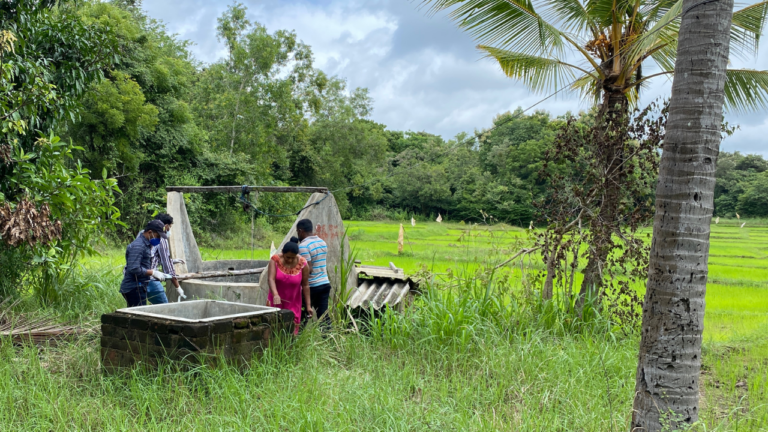Glyphosate linked to epidemic of chronic kidney disease

Published: November 29, 2023
Category: Glyphosate Controversy
The mystery of tens of thousands of cases of kidney failure in Sri Lanka may have an answer—exposure in farming communities to the weedkiller ingredient glyphosate. A large field study from Duke University suggests a link between chronic kidney disease (CKDu) and Sri Lankan agricultural areas—where as many as 10% of children ages 5-11 years show signs of early onset kidney damage.
The study suggests that glyphosate mixes with certain trace metals that make water hard, resulting in glyphosate-metal ion complexes that can persist up to seven years in water and 22 years in soil.
“[This chemical] …seems to stick around a lot longer than we expected when it complexes in hard water,” said Nishad Jayasundara, assistant professor at Duke. “We have to consider….what happens to glyphosate when [taken into] your body as a complex.”
Sri Lanka’s high, dry climate and geology make it conducive to hard water, implicating drinking water as a source of exposure. Over 200 wells were sampled, revealing significantly high glyphosate levels found in 44% of wells in agricultural regions, but only 8% in other areas. This finding raises concern about U.S (and global) exposures and potential kidney disease.
Source: Duke University, Pratt School of Engineering
To view source article, visit:
https://pratt.duke.edu/news/roundup-ingredient-connected-epidemic-levels-chronic-kidney-disease/
Organic & Non-GMO Insights December 2023




